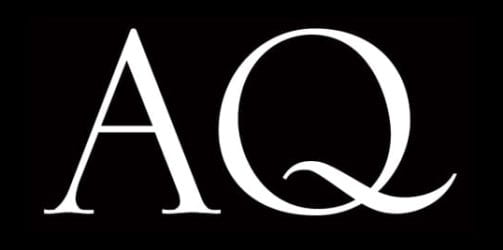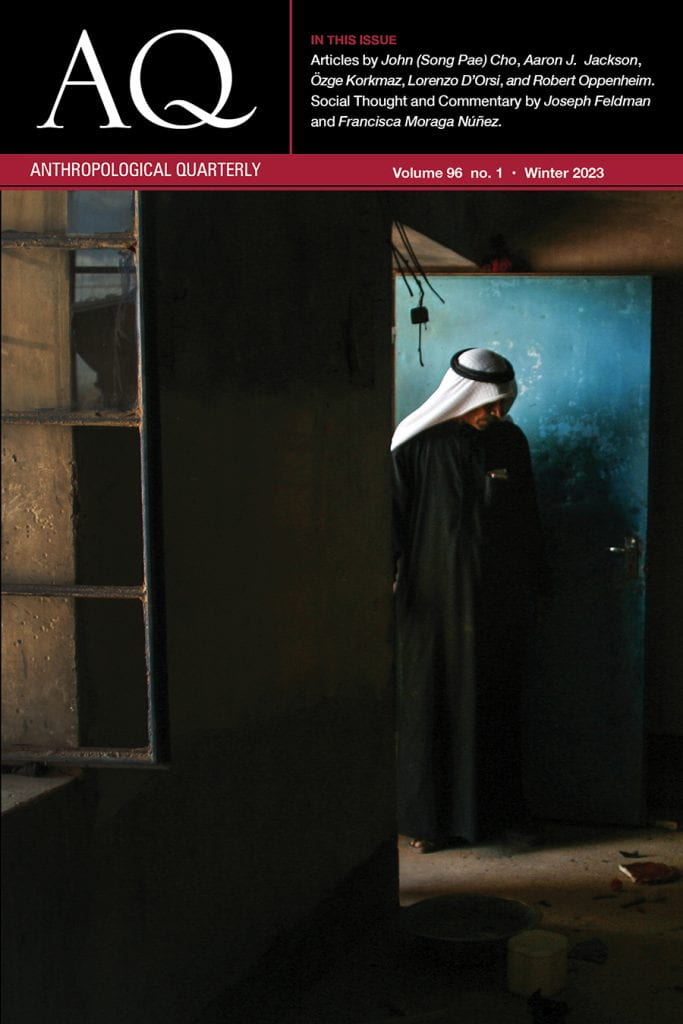
© 2003 Yunghi Kim (Contact Press Images)
TABLE OF CONTENTS
Vol. 96, No. 1
ARTICLES
John (Song Pae) Cho | “Good Sweat, Bad Sweat”: The Affectional Community of Gay Sports Groups in Seoul, South Korea
Lorenzo D’Orsi | “Making the wound bleed”: Nostalgia, Mourning, and Morality among Turkish Revolutionaries in Istanbul
Aaron J. Jackson | Attuned Fathering and the Moral Dimensions of Caregiving
Özge Korkmaz | The Traitor at the Court: A Tale of Moral Categories from the House of Kurds
Robert Oppenheim | The Bearable Lightness of Being LiNK: Anti-Aesthetic Banality and Student Humanitarianism Concerning North Korean Refugees
SOCIAL THOUGHT & COMMENTARY
Joseph P. Feldman and Francisca Moraga Núñez | Thinking through Right-Wing Populism and Progressive Elites: On the Caviar as a Politico-Cultural Category in Peru
BOOK REVIEWS
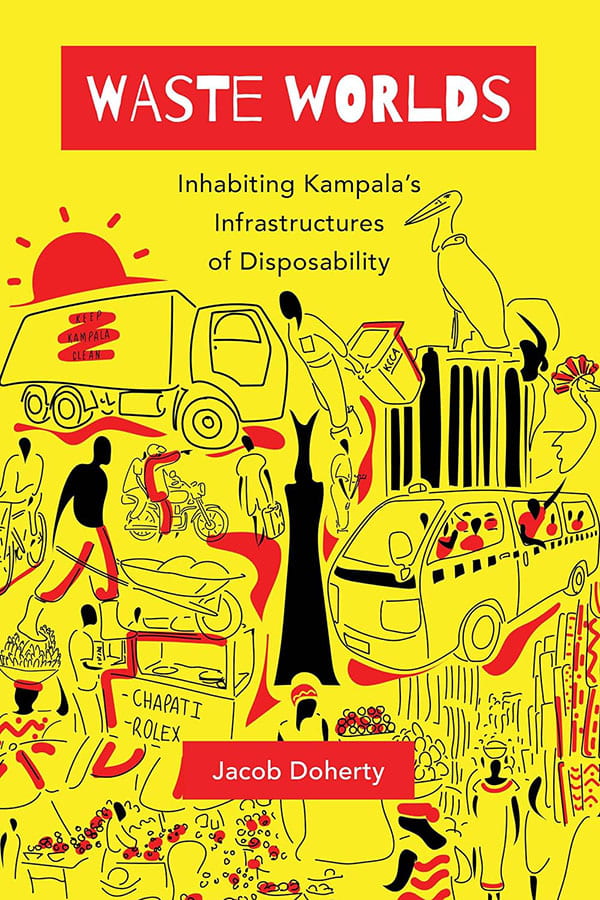
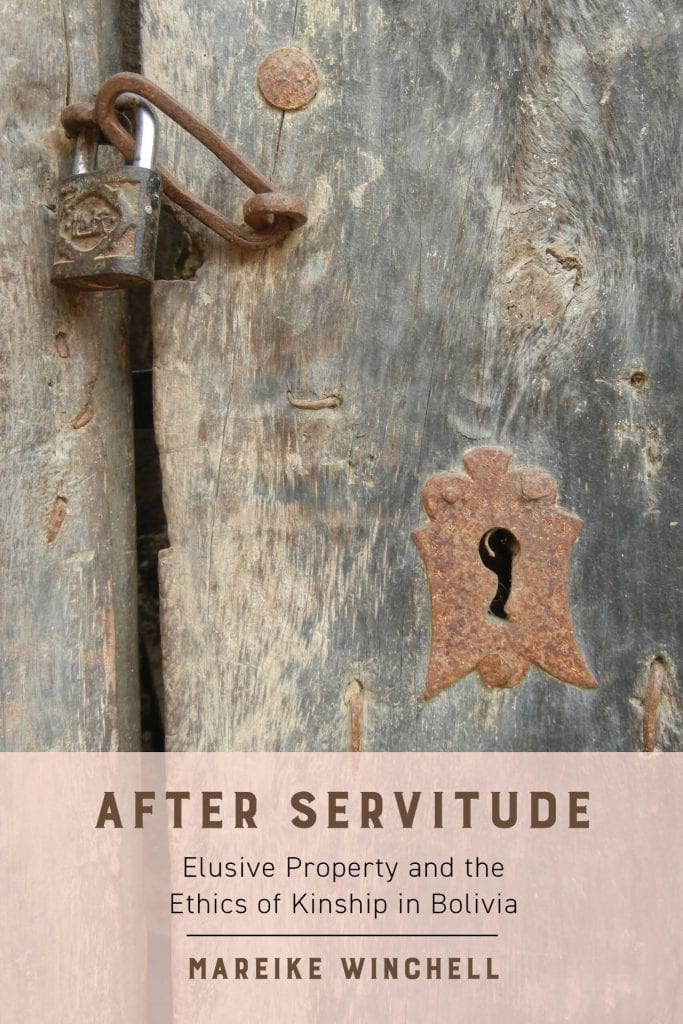
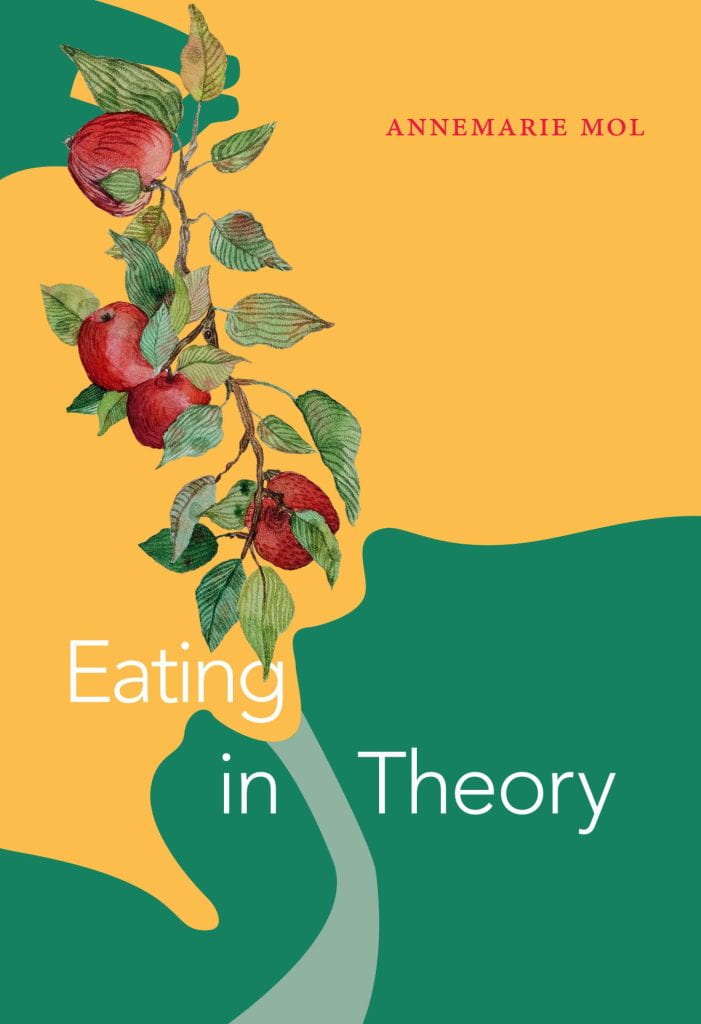

Grace Akese | Jacob Doherty’s Waste Worlds: Inhabiting Kampala’s Infrastructures of Disposability
Susan Helen Ellison | Mareike Winchell’s After Servitude: Elusive Property and the Ethics of Kinship in Bolivia
Jessica Hardin | Annemarie Mol’s Eating in Theory
Chihab El Khachab | Vanessa Díaz’s Manufacturing Celebrity: Latino Paparazzi and Women Reporters in Hollywood
FILM REVIEW

David Lipset | Lala Rolls’ Tupaia’s Endeavour
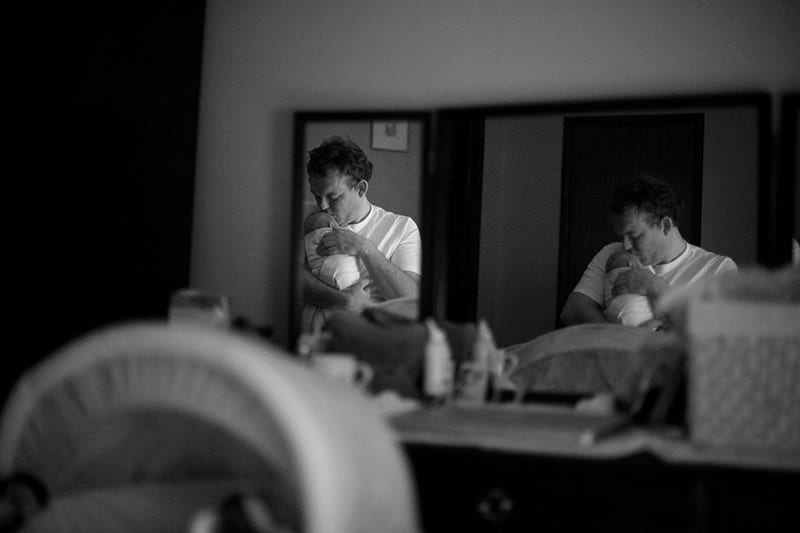
© 2010 Elizabeth Dalziel (Contact Press Images)
Buy issue through Project Muse, JSTOR or our Online Store.
ABSTRACTS
“Good Sweat, Bad Sweat”: The Affectional Community of Gay Sports Groups in Seoul, South Korea
John (Song Pae) Cho, The University of British Columbia (Okanagan Campus)
Based on ethnographic field research, this article examines the “affectional community” of Internet-based gay sports groups in Seoul, South Korea. Referring to “networks of support that do not depend on the bonds of blood or the license of the state, but that are freely chosen and nurtured” (D’Emilio 1980), such affectional communities have been vital for the emotional survival of non-normative populations such as LGBTQ people. However, with the growing number of single people as part of the process of detraditionalization (Giddens 1992), they have also become important for all individuals living in late-modernity to meet social, emotional, and financial needs that had once been met by the heterosexual family. Still, this paper argues that Korean gay men face particular challenges in creating an affectional community in a country, where they have historically been permitted only sexual (and not social) relations. They must not only overcome a primarily sex- and consumer-oriented gay culture, they must also reject romantic entanglements within the sports groups that threaten the group relationality of an affectional community based on friendship. In examining the affectional community of Koreans sports groups, this article contributes to the ongoing theorization of queer globalization (Cruz-Malave and Manalansan 2002, Povinelli and Chauncey 1999) in the non-liberal and communitarian context of East Asia. It also speaks out against the rigid separation of affect from feeling and emotion, evident in the so-called “affective turn” (Clough and Halley 2007) within the humanities and social sciences, arguing that all are embodied forms of cognition. [Keywords: South Korea, sports club, affect, affectional community, friendship, gay men, queer globalization]
“Making the wound bleed”: Nostalgia, Mourning, and Morality among Turkish Revolutionaries in Istanbul
Lorenzo D’Orsil, University of Foggia
This article investigates nostalgia and mourning among former Turkish revolutionary militants, the main victims of state violence in the wake of the Turkish 1980 military coup. It understands these emotions as ethically imbued moods that are both conscious and unconscious and permeate both public discourses and the innermost spheres of former fighters. These moods pervade the everydayness of former revolutionaries, their discourses on the past and the present as well as ritualized occasions, such as anniversaries, gatherings, and commemorations. Based on fieldwork research conducted in Istanbul, this article conceptualizes these moods as intersubjective emotional practices with a certain degree of agency that work as political and moral modes of engaging with the world. Although former revolutionaries intend these moods as practices of resistance against the ongoing state repression, this article argues that their active perpetuation does not lie in their political success in the public battle for memory and recognition, but in their ability to shape former militants’ subjectivity, invigorate their generational bond, keep alive the moral economy of revolutionary fighter, and create a community of loss. Likewise, this contribution demonstrates how revolutionary feelings of nostalgia and mourning shape a social poetics that reduces possibilities for acting in new ways on history and contributes to the creation of a community as cohesive as isolated from the rest of society. Notwithstanding the endurance of state oppression over time, this contribution warns against restraining our analysis to an unmasking of asymmetrical violence and unequal power relationships in the public sphere. It instead argues that, even in repressive contexts, it is important to investigate the symbolic codes and the political feelings that shape social actors’ subjectivities, their moral horizon and their possibilities of actions. [Keywords: Nostalgia, mourning, moral moods, memory, Turkey, left, agency]
Attuned Fathering and the Moral Dimensions of Caregiving
Aaron J. Jackson, La Trobe University
Individuals with severe cognitive disabilities are often thought to be born with limited interpersonal capacity, rendering their emotional lives inaccessible. Family caregiving for individuals under these circumstances is portrayed in the contemporary literature variously as ranging from being a positive transformative experience to being a burden. If we focus on the experience of caregiver burden, we see communication or language issues can complicate caregiving, given the interpersonal impenetrability this sometimes entails. However, this focus overlooks the inter-bodily dimensions of caregiving and how parents gain access to the emotional lives of their children in the absence of language. In limiting our disciplinary focus to particular kinds of relationships premised on normative forms of intimacy or reciprocity, we do more to reproduce a particular moral philosophic tradition that views human personhood as dependent upon cognition and language. This article contributes to an anthropology of disability and moralities by exploring how the practice of caregiving within the context of severe cognitive disability shapes the moral lives of fathers. Drawing on my own experience as the father of a multiply disabled son and ethnographic research on men in similar circumstances in the United States, I show how parents become ever-more attuned to the practical and emotional needs of their children through intimate, everyday acts of care and the shared meanings that grow and deepen on the basis of the body’s capacity for resonance and fellow feeling. [Keywords: Caregiving, ethics, intercorporeality, empathy, embodiment, cognitive disability, fatherhood, morality]
The Traitor at the Court: A Tale of Moral Categories from the House of Kurds
Özge Korkmaz, University of Michigan
This paper focuses on a particular moral category, “betrayal,” that has gained significant purchase on Kurdish public culture in Turkey. It examines the ways Kurds reconfigure the relationship between political conditions and personal guilt by using betrayal as an orienting framework expressive of this relationship. In this sense, this paper frames “betrayal” not as a label or an abstract idea, but a register of political engagement that allows Kurds to recognize the conditions as well as the ethics of their shared membership in a public. It argues that examining Kurds’ reflexive interactions about betrayal—how they debate, define, and describe it—reveals a great deal about the formative significance of moral categories to the work of negotiating group-life, a specific kind of intellectual work thus rendered salient. The goal of the paper is to point to some productive directions in the anthropological study of moral categories by foregrounding the co-indexical relations between these categories and the semiotic operations in which they gain public and ethical recognition. [Keywords: political anthropology, ethics and morality, reflexivity, social interaction, Kurdish studies]
The Bearable Lightness of Being LiNK: Anti-Aesthetic Banality and Student Humanitarianism Concerning North Korean Refugees
Robert Oppenheim, University of Texas at Austin
This article considers the student humanitarianism of an undergraduate university chapter of Liberty in North Korea (LiNK) toward a reconsideration of political aesthetics within the anthropology of humanitarian activity. Via what the organization describes as a “modern-day underground railroad,” LiNK aims to assist North Korean refugees within China in transiting to safer havens in third countries, from which they may in turn seek permanent settlement, usually in South Korea. In service to this purpose, it sponsors a network of chapters or “rescue teams” that mostly aim to enroll collegiate or high school youth in the United States and beyond for fundraising as well as parallel goals of advocacy and the building of “awareness.” Focusing on one such group, and drawing on other considerations of the domestic subjects of wide-ranging humanitarian activity, my ethnographic examination explores what I refer to as the “anti-aesthetic aesthetics” of student LiNK, its refusal of the aesthetics of empathy common within other humanitarian practice. Chapter members did not by and large practice the sympathetic magic of much humanitarianism, for instance through the performance of asceticism in homage to the suffering North Korean refugees endure or through the transmission of tokens of care. The overall tone of LiNK student activity was instead quite light, to the point of sometimes being ethnographically jarring. I argue that this affective lightness should not be overlooked or dismissed, for it helped to form an emotional and conceptual armature for student activists’ recognition of North Koreans fleeing the country as “just like” themselves, a recognition present also in the use and reception of LiNK media. Ultimately, this political imagination of similarity between LiNK students and their population of concern suggests a critique of the anthropological critique of humanitarian subjectivities as based on a foundational bifurcation of modes of human being. [Keywords: humanitarianism, aesthetics, North Koreans, refugees, students, media, anthropology of the university]

